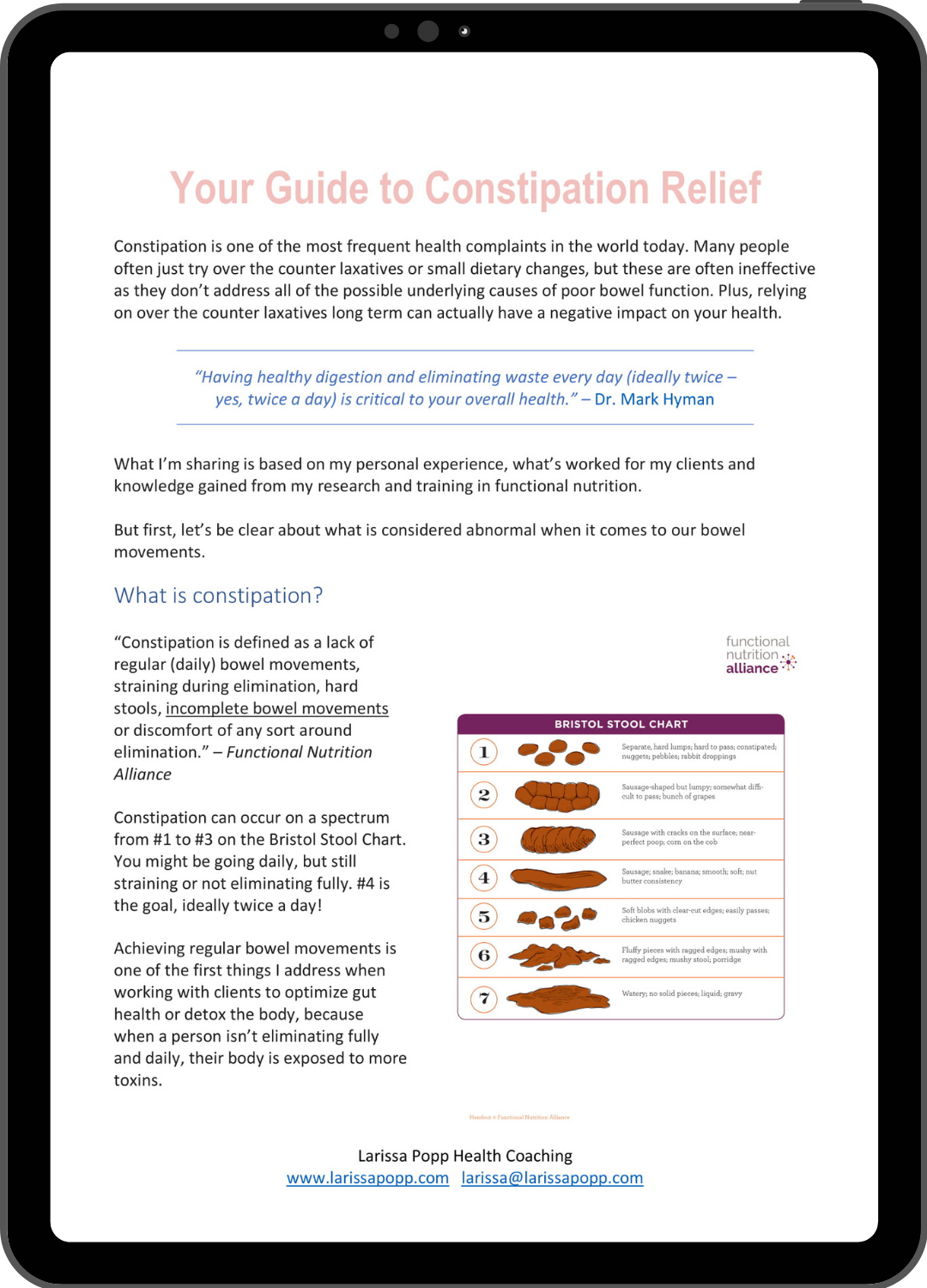2 Tablespoons per day of a fresh, high quality extra virgin olive oil (EVOO) can be a good addition to a healthy plant-based diet. But, do you know how to buy the best olive oil to ensure you’re getting the maximum health benefits, and also avoiding any negative impact on your health?
A study conducted by UC Davis Olive Center on many popular olive oils, found that 70% of imported olive oils sold in the U.S. are fake and diluted with cheap vegetable oils.
Perhaps you’ve heard of the Blue Zones — the 5 areas of the world studied by Dan Buettner where people live much longer than average, while maintaining good health. This is one of the reasons the Mediterranean diet, and olive oil, became so popular. Two of the 5 Blue Zones follow the Mediterrean Diet (Ikarian, Greece and Sardinia, Italy).
The Mediterranean diet includes copious amounts of olive oil, which contains high amounts of polyphenols and diets high in these antioxidants are associated with a lower risk of heart disease and cancer, among other health benefits.
However, is the olive oil that you’re using actually improving your health and longevity? This article will help you decide if the olive oil you’ve been using (and the way you’ve been storing it and cooking with it) is actually giving you health benefits. I think you might decide to switch the type of olive oil you buy after reading this article (as I did, after learning this important information).
Benefits of Extra Virgin Olive Oil: (1)
1. Immune System and Inflammatory Balance
- Polyphenols in olive oil help lower inflammation
- Olive oil is wonderful for the skin and skin conditions
2. Improves Gastrointestinal Health (aka Gut Health)
- Replacing NSAIDs (aspirin, ibuprofen, etc.) with 2 Tbsp fresh olive oil per day can support the reduction of the ill impacts of NSAIDs on the GI (such as stomach irritation, “heart burn,” and ulcers).
3. Reduces Oxidative Stress in the Body and Supports Energy Production
- Polyphenols help lower oxidative stress,
- Can lower blood pressure,
- Can lower LDL cholesterol (“bad cholesterol) and raise HDL (“good” cholesterol),
- Can help with detoxification
4. Supports Hormonal Balance
- Polyphenols help balance steroid hormones (e.g. testosterone, DHEA, estrogens, progesterone and cortisol). As hormones are important for regulating most major bodily processes, a hormonal imbalance can affect a wide range of bodily functions including: mood and stress levels, heart rate, sleep cycles, metabolism and appetite, reproductive cycles, sexual function, and more.
How to Buy Good Olive Oil:
I recently listened to a podcast interview with Magdalena Wszelaki, and was quite surprised to realize I’ve probably been buying (and consuming) a lot of poor quality and/or fake olive oil, despite my efforts to always choose EVOO sold in a dark glass bottle. Based on what she learned during a visit to a high-quality olive oil producer in Italy, she shared the following tips for how to pick the best olive oil. (2)
1. Price point → Very good quality extra virgin olive oil (EVOO) is around $25/quart, but not less than $8.
High quality olive oil is going to be a bit more expensive because the olives are picked a few days to a week before they are fully ripe (even though the olive oil yield will be 30% less). The reason: this is the time when the polyphenol content is at the peak of its freshness. So if you want the maximum health benefits from your EVOO, it’s worth paying a little extra.
2. Smell and taste (not color) → Good olive oil should smell and taste pungent, like fresh olives!
“ A true extra virgin olive oil is pungent (from the presence of grasses, tomatoes, and artichokes) and bitter (from the polyphenol content)…A good EVOO is supposed to make your throat scratch a little.” (2) Watch here to learn how to do a proper olive oil taste test. I was surprised when I tasted fresh, high quality olive oil from Spain for the first time — it was far from what I was used to!
In terms of color, freshly pressed EVOO will be bright green, but then brownish with a green tint when it reaches maturity. However, color is not a factor for shopping for good olive oil because any fake olive oil makers add green colorant to make the oil look fresh.
3. Freshness → The fresher it is, the more polyphenols! Make sure the harvest date is listed, and it’s less than a year old.
“Unlike wine, olive oil does not get better with age – it gets worse – both in taste and medicinal properties. The best practice is to consume it within the first year of pressing.” (2)
The polyphenol content is going to be retained much better when the olive oil is fresh. It should be consumed (in a perfect world) within 3 months of pressing the olives. And the olives should have been pressed within up to 24 hours of picking.
Join this olive oil club to get some of the freshest and highest quality olive oils, delivered straight to your doorstep. Get your first bottle for just $1!
4. Labeling → Look for “Extra Virgin Olive Oil”, a harvest date, and certification on the label
Harvest date: THIS IS A BIG DEAL. The good manufacturers will tell you when the batch was actually harvested and pressed. If there’s no harvest date on the bottle, it’s quite possible people are trying to bottle oil that might be more than two years old.
Certification: Companies that truly subscribe to good methods will have the best certification. If buying from Europe look for PDO (also labeled as DOP in Italy) and PGI certification. In California, look for the COOC (California Olive Oil Council) certification.
Organic is not a guarantee of quality. Even if the fruit was grown organically, we don’t know about other quality-impacting details such as: when the olives were picked, the time from tree to pressing, heat used during pressing, and what else might have been added to the oil.
choose an EVOO that has been cold-pressed, meaning that the oil has remained below a temperature of 80 degrees Fahrenheit during processing. This helps ensure that it has retained all of its flavor and nutritional benefits (“Plus,” says Creanza, “oils that are extracted with heat or the use of chemical solvents can be very bad for your health.”
Read more: https://www.smithsonianmag.com/arts-culture/what-should-you-look-when-buying-olive-oil-180956116/#Rz3uUFy7H0M0E7ZR.99
Give the gift of Smithsonian magazine for only $12! http://bit.ly/1cGUiGv
Follow us: @SmithsonianMag on Twitter
5. Bottle color → Only buy EVOO in a dark glass bottle.
Olive oil gets oxidized quickly with the oxygen that is left in a half-empty bottle. Light penetration speeds up that process, so the darker the bottle the better.
How to Store Olive Oil:
Olive oil has 4 enemies: time, light, heat and oxygen. Too much of any of these is no bueno for your EVOO — rancid oil is full of free radicals that cause DNA damage.
- Olive oil is best consumed within 3 to 6 months of opening the bottle. Buy smaller bottles if you think you won’t finish it that quickly. An unopened (properly stored) olive oil will stay good up to 2 years, but they said consuming it within 1 year of the harvest date is best.
- Keep your oil away from direct light, preferably in a dark cupboard or storage area.Avoid storing it by a window. Ultraviolet rays can break down an olive oil over time. (That’s why we bottle our oil in dark green bottles or in boxes.)
- Keep your oil away from any heat source. It can get damaged if exposed to heat from a nearby stove or oven, or even warm sunlight.
- Prevent your oil from being exposed to air. Air can degrade oil quality and the process starts once the oil is exposed to air. Once you open a bottle, use the oil quickly (within 2-3 months) or store it in smaller bottles to minimize its exposure to oxygen by having a half-empty bottle. (3)
Cooking with Olive Oil (4)
When cooking with olive oil you’ve probably heard that its best to always cook over low heat, which it is as a general rule of thumb. However, the higher the quality, and the fresher an oil is, the higher the smoke point will be. Some high-quality EVOO can have a smoke point around 425ºF which means that it’s safe to cook with it up to that temperature (and it will retain most of its flavor up to that temperature). (3) Generally between 365-410ºF is suitable for more good EVOOs, although low-quality olive oils can reach their smoke point at 325ºF. (7)
Studies found that olive oil does not oxidize much when used for cooking, while vegetable oils like sunflower oil oxidize (5). Additionally, Because olive oil is high in antioxidants and vitamin E, it provides significant natural protection from oxidative damage (6) and studies found that these compounds were only degraded partially when the oil was exposed to extreme conditions such as 356°F (180°C) for 36 hours, or at 464°F (240°C) for 90 minutes.
Bottom Line: according to Healthline’s investigation on the topic of cooking with olive oil at high temperatures, the conclusion was that “high quality EVOO is an especially healthy fat that retains its beneficial qualities during cooking. The main downside is that overheating can adversely impact its flavor. However, olive oil is quite resistant to heat and doesn’t oxidize or go rancid during cooking.”
Even if you use it while cooking, do as they do in Mediterranean cooking, and drizzle some raw olive oil on your dish just before serving to get the maximum benefits of pure, raw EVOO!
References:
- http://15minutematrix.com/68-mapping-olive-oil-with-magdalena-wszelaki/
- https://hormonesbalance.com/articles/how-to-pick-the-best-olive-oil-7-criteria/
- https://californiaoliveranch.com/how-to-store-extra-virgin-olive-oil-the-dos-and-donts-for-keeping-it-fresh/
- https://www.healthline.com/nutrition/is-olive-oil-good-for-cooking#bottom-line
- https://journals.sagepub.com/doi/abs/10.1106/1898-plw3-6y6h-8k22
- https://www.ncbi.nlm.nih.gov/pubmed/10694051
- https://www.smithsonianmag.com/arts-culture/what-should-you-look-when-buying-olive-oil-180956116/


